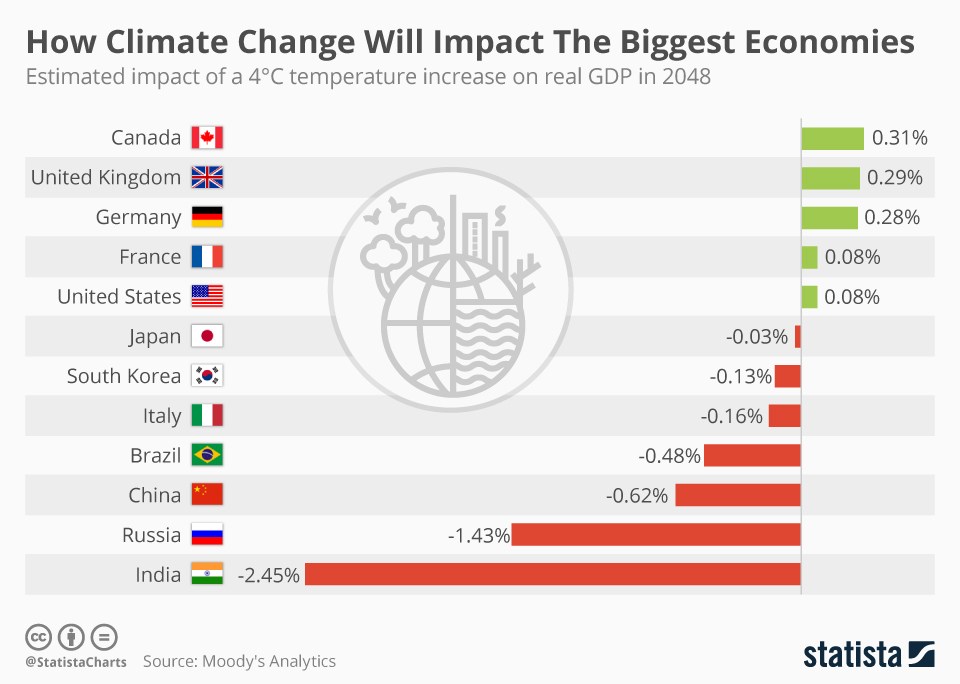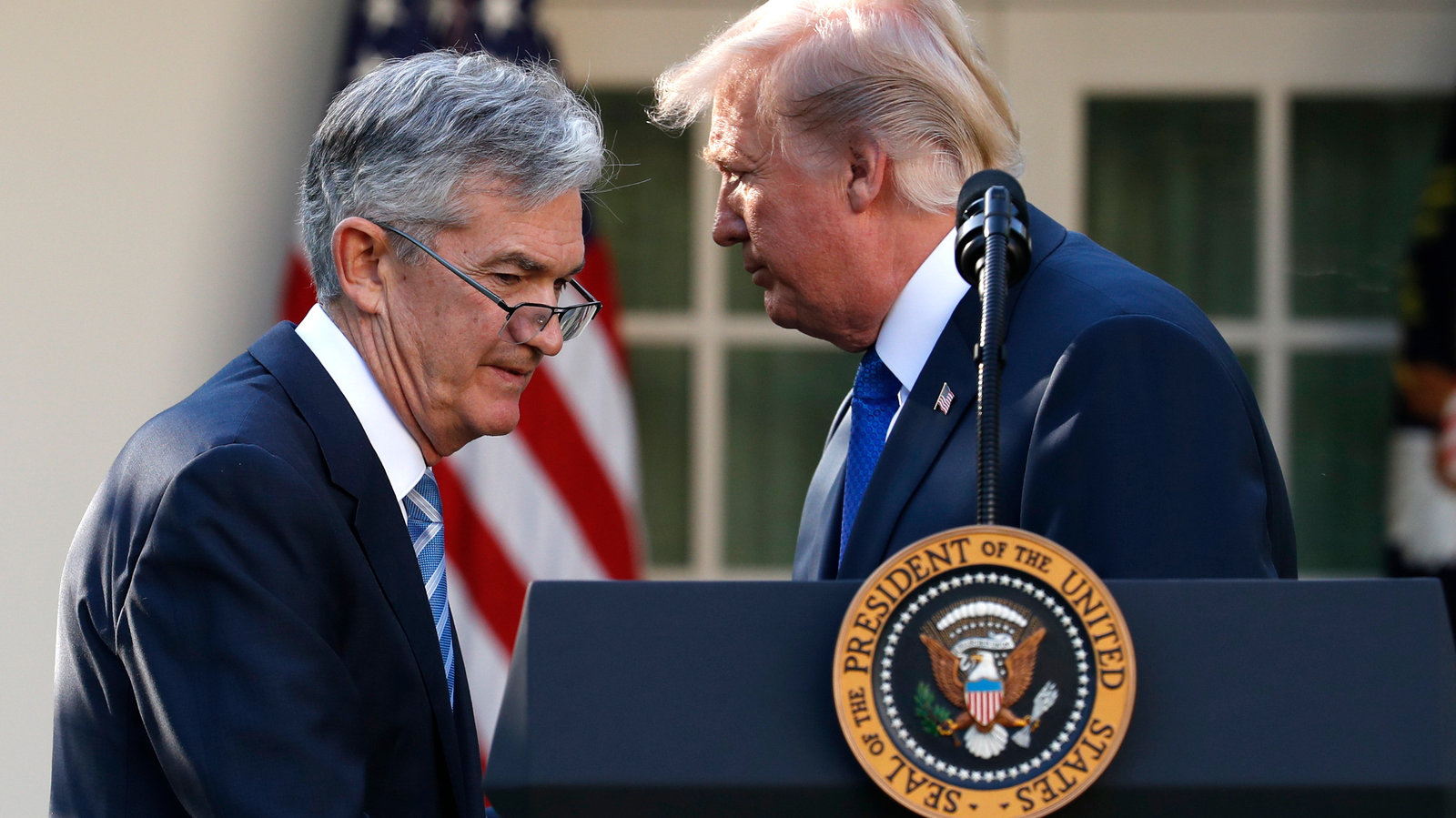Tariffs Impact on U.S. Economy: Insights from Rick Scott
The impact of tariffs on the U.S. economy has emerged as a critical topic of debate, especially under recent U.S. trade policy that aims to reshape economic relations. Supporters of tariffs, including Republican Senator Rick Scott, argue that these measures are crucial to level the playing field, benefitting American workers by diminishing foreign competition, particularly from China. However, the rising tariffs, such as those imposed on Chinese goods, have triggered concerns about their role in a potential economic downturn, leading to questions about their long-term effectiveness. With stock markets experiencing volatility and significant contractions in GDP, the repercussions of these tariffs are felt across various sectors. As the discourse continues among policymakers, the consequences of such tariffs on both domestic production and international relations remain paramount to understanding their true impact on the U.S. economy.
The consequences of trade levies on the American economy represent an increasingly pivotal area of discussion, particularly as recent trade strategies aim to redefine global economic interactions. Advocates argue that such trade barriers, especially against nations like China, could enhance the competitiveness of domestic manufacturing and provide a much-needed boost for local labor markets. On the flip side, critics highlight the risk of escalating tensions that may lead to an economic slowdown, thus necessitating a careful examination of broader trade dynamics. As conversations about tariffs continue to deepen, it is essential to consider the multifaceted effects they project on both the national economic landscape and the livelihoods of American workers. The interplay between protective trade measures and global commerce dynamics warrants close scrutiny as stakeholders navigate these challenging economic waters.
The Role of Tariffs in U.S. Trade Policy
Tariffs have historically been a pivotal instrument in U.S. trade policy, aiming to protect American industries and jobs from foreign competition. Recent discussions around tariffs, especially those implemented during the Trump administration, have intensified the debate around their efficacy. Senator Rick Scott illustrates a viewpoint that emphasizes the potential of tariffs to benefit American workers by compelling other nations to lower their own tariffs. By adopting such measures, the hope is to create a more equitable playing field where domestic products can thrive in the global market.
However, the imposition of tariffs often brings about unintended consequences. Economists argue that while tariffs may temporarily shield U.S. manufacturers, they can also lead to retaliatory actions from trading partners. This, in turn, can stifle overall trade and drive up costs for consumers. As seen with the recent tariffs on China and other nations, the tension escalates, potentially leading to an economic downturn. The substantial increase in tariff rates on imports from China exemplifies this dynamic, as both nations are engaged in a tit-for-tat strategy that could jeopardize broader economic stability.
Tariffs Impact on the U.S. Economy
The tariffs imposed by the U.S. government have significant implications for the broader economy, influencing everything from consumer prices to GDP growth. Recent estimates indicate that the trade policies enacted have contributed to fears of an economic downturn, with evidence suggesting that such tariffs have wiped billions off the stock market. Senator Rick Scott argues that the intended outcome of these tariffs is to foster a stronger manufacturing sector in America, thereby enhancing job security for the American workforce.
On the flip side, critics of the tariff strategy, including economists like Jason Furman, contend that these aggressive trade policies may ultimately harm the U.S. economy more than help it. They argue that increasing tariffs can lead to elevated prices for everyday products and can hurt American families struggling with inflation. The tension between protecting American workers and the potential backlash on the economy raises critical questions about the long-term benefits versus the short-term protections that tariffs provide.
The Economic Impact of China Tariffs
Looking specifically at tariffs imposed on China, the stakes are particularly high. The U.S. has witnessed a drastic increase in tariff rates on Chinese imports, now sitting at an average of 145 percent. Scott passionately advocates for these tariffs, believing they are essential to curbing China’s economic influence on global markets. This aggressive stance reflects a broader sentiment among policymakers concerned about China’s growing dominance in the world economy and its implications for American national security.
However, the consequences of such steep tariffs are profound. With the burden of tariffs falling predominantly on American consumers, many are facing increased costs for goods that are essential to daily life. These tariffs affect not only the relationship between the U.S. and China but have created a ripple effect on the entire economy, leading to complex challenges for U.S. businesses that rely on Chinese imports for manufacturing. The tension between economic strategy and practical outcomes raises critical discussions around the sustainability of current trade policies.
Balancing Tariffs and Economic Stability
In advocating for tariffs, Senator Rick Scott often emphasizes their role in safeguarding American jobs and ensuring economic stability. However, the balancing act between imposing tariffs and maintaining economic equilibrium poses a significant challenge. The imposition of tariffs can potentially lead to increased production costs, which could transfer to consumers in the form of higher prices, igniting inflationary pressures that were previously under control.
As the government grapples with these economic uncertainties, questions arise about the effectiveness of tariffs as a long-term solution to trade imbalances. While proponents like Scott tout the benefits for American workers, the actual economic landscape may present a more nuanced reality where short-term protections could escalate into broader economic challenges. The need for careful consideration and strategic negotiation with trading partners could provide a more sustainable path forward than relying heavily on tariffs.
Unilateral Tariffs and Their Repercussions
The unilateral approach to tariffs, as adopted recently by the U.S. government, raises serious concerns regarding international trade relations. While the premise is to protect American interests, imposing tariffs without engaging in negotiation can lead to retaliatory actions from other nations, undermining collaborative trade efforts. Scott’s perspective suggests that these measures will pressure other countries, particularly China, to amend their trade practices. Still, the reality may result in a trade war that could further complicate the global economic landscape.
The repercussions of such a trade policy extend beyond immediate market reactions and can shape long-term relations with crucial trading partners. Unilateral tariffs risk estranging allies and could provoke a counterproductive cycle of retaliation that benefits no one. For American workers, the ultimate goal is to foster a fair and competitive environment; however, the unilateral imposition of tariffs could end up jeopardizing those same jobs they aim to protect.
The Debate Over Tariffs and American Workers
At the forefront of discussions about tariffs is the impact they have on American workers. Senator Rick Scott’s advocacy for tariffs stems from a desire to empower U.S. labor by shielding them from foreign competition. He believes that imposing such tariffs will create a more favorable environment for American manufacturers and help retain jobs domestically. However, this perspective is met with contention from various economists who argue that tariffs often lead to higher prices for consumers and can ultimately harm the very workers they intend to help.
The debate underscores a critical tension within U.S. trade policy: the protection of American jobs versus the potential for increased costs and economic instability. While some argue that tariffs can revitalize struggling sectors, others fear that the resulting strain on consumer spending might create more economic challenges than benefits. Therefore, the conversation around how tariffs affect American workers is complex and multifaceted, necessitating a careful examination of both the benefits and drawbacks.
The Long-Term Consequences of Tariff Policies
As policymakers navigate the complex waters of trade and tariffs, the long-term consequences of these policies require careful assessment. The recent push for tariffs on various nations is part of a broader strategy designed to revamp American trade policy, but the lasting impact remains uncertain. With many experts warning of potential drawbacks, it becomes crucial to consider how these actions will shape the economic landscape for years to come. Scott’s strong advocacy positions him within the camp that believes tariffs are a necessary tool, but emerging data and trends may challenge that narrative.
The long-term implications of current tariff strategies will likely depend on how they affect relationships with trading partners and the domestic economy. While protectionist measures may yield short-term gains, the durability of these benefits is questionable amidst retaliatory measures and heightened prices. The ongoing dialogues surrounding tariffs will immensely dictate the trajectory of U.S. trade relationships and economic growth, underscoring the need for thoughtfulness in crafting future policies.
Examining Tariffs Through an Economic Lens
Examining tariffs through an economic lens provides insights into both the benefits and potential pitfalls of such trade policies. Tariff implementation is often justified as a means of fostering domestic growth and protecting American labor. However, analysis by economists suggests that the broader economic repercussions can sometimes negate these benefits, leading to inflation, market volatility, and diminished consumer purchasing power. Scott’s position highlights a belief in the necessity of tariffs for U.S. competitiveness, yet the response from the economic community indicates a need for a balanced approach.
This economic scrutiny emphasizes the importance of understanding the interconnectedness of global trade systems. Tariffs aimed at specific countries, especially major economies like China, can disrupt supply chains and provoke retaliatory measures, leading to a cyclical pattern of escalating tariffs and strained relations. As such, it’s essential for lawmakers to evaluate the long-term implications of tariffs, ensuring that they uphold the interests of American workers while also fostering a healthy economic environment.
Negotiations vs. Tariffs: Finding the Right Approach
The ongoing debate about whether direct negotiations or tariffs serve as a better approach to trade issues has become a focal point in American economic discourse. Senator Scott advocates for the hard approach of tariffs to compel other nations to negotiate on fairer terms. However, critics assert that a more diplomatic approach might yield better results in reducing trade imbalances without risking domestic economic harm. The stark divergence of opinions indicates a critical juncture in U.S. trade policy.
Negotiation strategies could potentially lead to compromises that would benefit both American workers and foreign trade partners, making for a more stable trading environment. Finding the right balance between direct tariffs and collaborative discussions may be key to fostering sustainable economic relationships. While the imposition of tariffs may serve as a powerful statement of intent, the long-term success of U.S. trade policy will likely hinge on the ability to engage in meaningful dialogue and cooperation with other nations.
Frequently Asked Questions
How do Rick Scott’s tariffs impact the U.S. economy?
Rick Scott supports tariffs as a means to level the playing field for American workers. He believes that by imposing tariffs, the U.S. can pressure other nations to remove their barriers on American goods, which is expected to ultimately benefit American manufacturers and promote growth in the economy.
What are the effects of U.S. trade policy and tariffs on American workers?
U.S. trade policy, particularly through the application of tariffs, aims to protect American jobs by encouraging domestic production. Tariffs can limit foreign competition, which some argue helps American workers secure better positions within the economy. However, critics warn that tariffs can lead to higher prices for consumers and potential retaliatory measures from other countries.
What is the relationship between China tariffs and the U.S. economic downturn?
China tariffs have been a significant factor in discussions about the U.S. economic downturn. The high tariffs imposed on Chinese imports (up to 145%) have contributed to market volatility and concerns over rising inflation, which can dampen economic growth, as evidenced by the decline in GDP in the first quarter of the year.
Do tariffs help or harm the U.S. economy according to economists?
While some, like Rick Scott, argue that tariffs help strengthen the U.S. economy by protecting American workers and encouraging domestic sales, numerous economists contend that these tariffs may lead to broader economic harm, including job losses in sectors reliant on imports and increased consumer prices.
What potential impacts do tariffs have on inflation in the U.S. economy?
The potential impact of tariffs on inflation is a matter of debate. Some assert that tariffs could increase costs for consumers, leading to higher inflation rates. Others, including Sen. Rick Scott, are uncertain about the direct correlation between tariffs and inflation, suggesting that controlling budget deficits may play a more significant role in addressing inflation.
| Key Points | Details |
|---|---|
| Rick Scott’s Stance | Supports tariffs as a way to enhance U.S. worker competitiveness against foreign markets. |
| Tariff Strategy Overview | Trump administration’s tariffs intended to reshape U.S. trade policy and reduce foreign barriers. |
| Economic Impact | Volatility in stock markets and a significant contraction in GDP attributed to tariffs. |
| Trade Relations with China | Scott emphasizes no trade with China, viewing their economic strength as a national threat. |
| Opposing Views | Economists like Furman argue that tariffs are detrimental to the U.S. economy. |
| Inflation Concerns | Scott is uncertain about the impact of tariffs on inflation; believes budget balance is key. |
Summary
The tariffs’ impact on the U.S. economy has sparked significant debate among policymakers and economists alike. While Senator Rick Scott argues that these tariffs will protect American workers and encourage them to sell more, many experts caution against their negative repercussions, including market volatility and potential inflation. The ongoing tension in trade relations, particularly with China, further complicates the situation, framing tariffs not just as economic tools but as strategic maneuvers in international relations. In conclusion, the long-term effects of tariffs on the U.S. economy will heavily depend on the balance between protecting domestic industries and fostering healthy global trade relationships.


